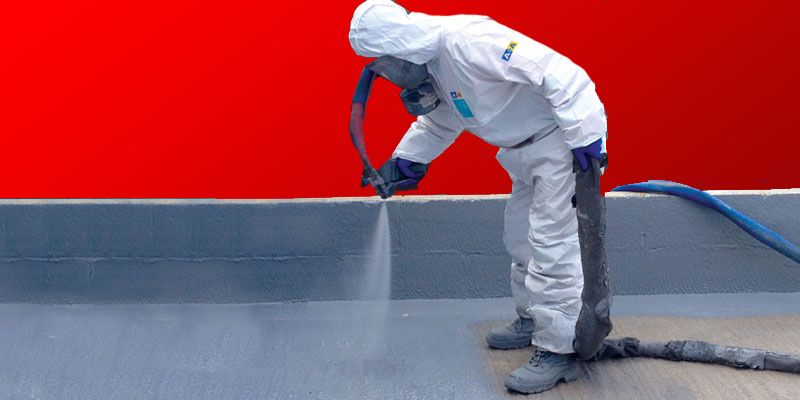In the world of construction, we come across various types of chemicals that make our job more manageable and our projects more durable. One such marvel of modern construction technology is Polyurea – a powerful and versatile construction chemical. In this blog post, we will dive deep into the world of Polyurea; discuss its properties, applications, and benefits. We will also shed light on why it is considered the greatest construction chemical available today.
The Amazing World of Polyurea
Polyurea is a term that describes a unique set of elastomers derived from the reaction of an isocyanate component with amines. With its incredible chemical properties, Polyurea has established a remarkable reputation for being highly resilient, flexible, and robust construction material.
How Does Polyurea Work?
Polyurea coatings form by a rapid reaction between two separate components – the amine resin and isocyanate. When these two substances are correctly mixed, they generate a bond to surfaces to create a seamless and sturdy protective layer.
The Benefits of Using Polyurea in Construction
Polyurea offers numerous benefits when used in construction projects, making it the most sought-after construction chemical. Here are some of the most notable advantages of using Polyurea:
1. Fast-Setting and Quick Curing
One significant advantage of Polyurea is its fast-setting and rapid curing time. This feature allows for minimal downtime and helps speed up project timelines.
2. Water Resistant and Waterproof
Polyurea coatings are impervious to moisture, making them an excellent choice for waterproofing applications in both residential and commercial projects.
3. High Durability and Abrasion Resistance
Polyurea is incredibly durable and mechanically strong, making it resistant to scratching, abrasion, and impact damage. This strength makes it a perfect choice for heavy foot traffic areas or industrial environments.
4. Corrosion and Chemical Resistance
Polyurea offers excellent resistance against various chemicals, acid, solvents, and salt. This resistance is key to protecting surfaces from corrosion, especially in environments exposed to harsh chemicals and weather conditions.
5. Flexible Application Temperature Range
Polyurea can be applied in a wide range of temperatures, making it suitable for projects in different climates and weather conditions. This versatility ensures consistent protection, even in extreme temperatures.
Applications of Polyurea in Construction
Polyurea has found numerous applications across various industries. Some of the most common applications include:
- Waterproofing: Polyurea’s water-resistant properties are invaluable for waterproofing roofs, pools, and basements.
- Protective Coatings: Due to its robust resilience, Polyurea is often used as a protective coating for concrete, metal, and wood surfaces in industrial and commercial settings.
- Bridge and Highway Infrastructure: Polyurea is a solution for repairing and reinforcing bridge decks, highway infrastructure, and railroads.
- Tank Coatings: Polyurea’s chemical resistance proves valuable when it comes to coating storage tanks handling chemicals and hazardous materials.
Tips for Using Polyurea in Your Construction Projects
To make the most out of Polyurea in your construction projects, it is essential to follow some best practices:
- Ensure Proper Surface Preparation: For optimal adhesion and performance, the surface must be clean, free from moisture, and appropriately

